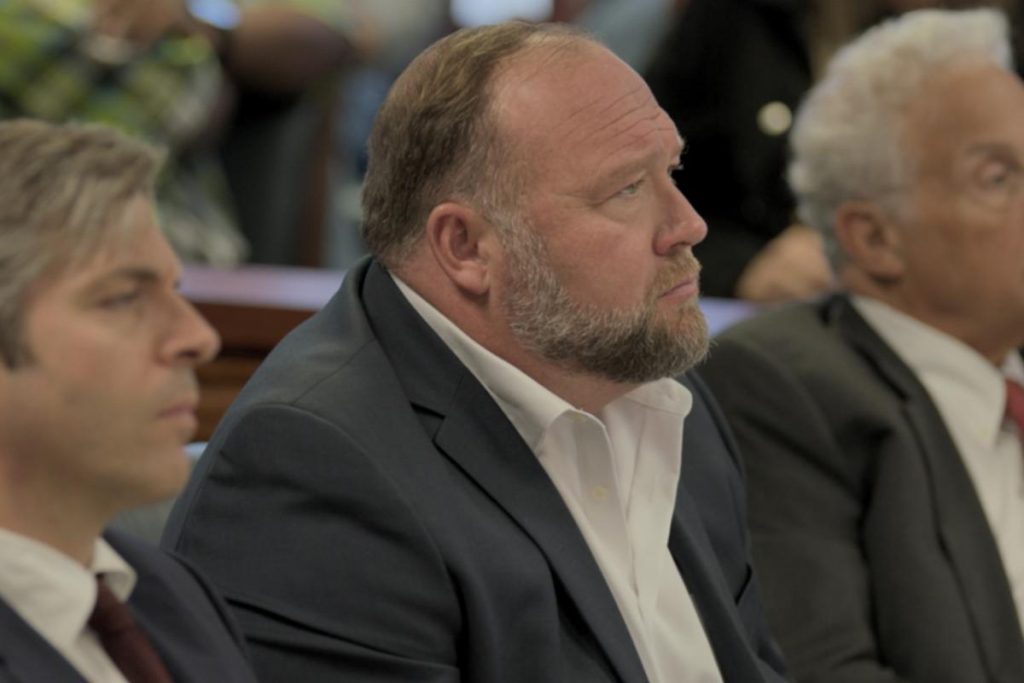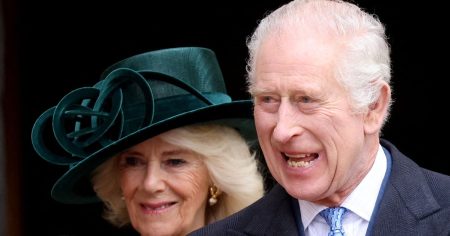The Truth vs. Alex Jones is an HBO documentary that explores the defamation suits filed by parents of Sandy Hook school shooting victims against Alex Jones, a far-right conspiracy theorist who claimed the tragedy was a hoax on his InfoWars network. The documentary chronicles Jones’ shameful actions, including mocking the grieving families and inspiring his followers to harass them. The film highlights the heartbreaking experiences of the parents who lost their children in the shooting and the online and in-person harassment they faced as a result of Jones’ conspiracy theories. Jones’ empire was financially crippled by the lawsuits, and the documentary follows the legal battle as the parents seek justice and advocate for truth over lies.
The film provides a deep dive into Jones’ rise from a radio and public access TV host to a major online presence with a large following, driven by ridiculous conspiracy theories and the promotion of dietary supplements. The documentary shows how Jones exploited the Sandy Hook tragedy to increase traffic and revenue on his platform, leading to a spike in harassment against the families of the victims. Despite efforts by some parents to fight back against the conspiracy theories, countering them with logic proved to be a challenging task. The parents eventually sued Jones in 2018 in hopes of crippling his empire and advocating for truth over falsehoods.
The Truth vs. Alex Jones includes interviews with former InfoWars employees and allies of Jones who still believe the shooting was a hoax. The film allows them to reveal their callous thoughts, highlighting the erosion of objective truth in the internet era. While the documentary shows Jones being taken down in court, it also raises troubling questions about the perpetuation of falsehoods in society. Despite the parents’ desire for justice, they also recognize the importance of not profiting from others’ suffering, distancing themselves from Jones’ greed and hypocrisy. The documentary frames the repercussions of perpetuating falsehoods poignantly and powerfully, emphasizing the struggles and sacrifices of the Sandy Hook parents.
Director Dan Reed provides diligent and compassionate journalism in The Truth vs. Alex Jones, offering a must-see film that explores the impact of conspiracy theories on real people and the challenges of seeking justice in a world where truth is often obscured. The documentary captures the devastating effects of Jones’ actions on the families of the victims and the broader implications of spreading misinformation. The film is a vital and engrossing look at the fight for truth and justice in the face of lies and deception. The Truth vs. Alex Jones is a must-watch for anyone interested in understanding the impact of conspiracy theories on individuals and society as a whole.








